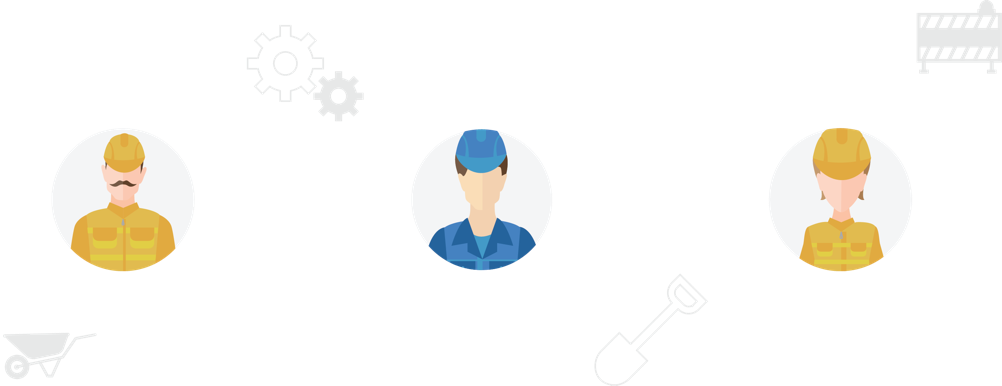
Welders use heat and/or pressure to permanently join pieces of metal with metal filler. They may join parts being manufactured, build structures, or repair broken or cracked parts according to specifications.
Job Related Skills, Interests and Values
- Safely using and maintaining tools, material handling equipment, and welding equipment
- Reading and interpreting blueprints; laying out, cutting, and forming metals to specifications
- Acquiring thorough knowledge of arc, gas, and resistance welding theory
- Fitting sub-assemblies and assemblies together; preparing assemblies for welding
- Welding using processes including shielded metal arc welding, gas metal arc welding, gas tungsten arc welding, flux core or metal core arc welding, submerged arc welding, and plasma arc welding
- Carrying out special processes such as welding studs and brazing
- Ensuring quality of product/process before, during, and after welding
What Preparation and Training Do You Need?
- Secondary school diploma with math and shop credits
- High school students may benefit from enrolling in Manufacturing Specialist High Skills Major Program
- While not mandatory, completion of a 5,280-hour apprenticeship, including on-the-job and in-school training, is recommended
- Exam to obtain Certificate of Qualification
What's Your Future as a Welder (456A)?
- Full-time, indoors, sometimes in shifts
- Ability to work with high-technology welding applications increases employability
- Most opportunities expected in non-electrical, machinery, construction, and metal-fabricating industries
- Employers include fabricating shops, steel and platework manufacturers, construction industries, heavy machinery contractors, aircraft or shipbuilding contractors, and specialized welding shops
Wage Rate
Apprentice wage increases with skill and experience. Fully qualified workers earn an average of $28.00-$42.50 per hour.
Self-Rating
Welder (456A)
| Ask Yourself: | Yes | No |
|---|---|---|
| Are you good at planning and completing tasks? | ||
| Do you enjoy working with tools, equipment and machinery? | ||
| Do you have good hand-eye coordination? | ||
| Are you able to follow Health & Safety guidelines? | ||
| Do you have an eye for detail? Are you good with calculations? | ||
| Would you enjoy interacting with site supervisors, customers, suppliers, co-workers and other tradespeople to get the job done? | ||
| Are you able to lift 50lbs? |
If you checked YES to the majority of these questions, a career as a Welder (456A) may be for you!
You might want to look at these similar trades as well;
- Millwright
- Sheet Metal Worker
- Fitter/Welder
- Machinist
- Boilermaker